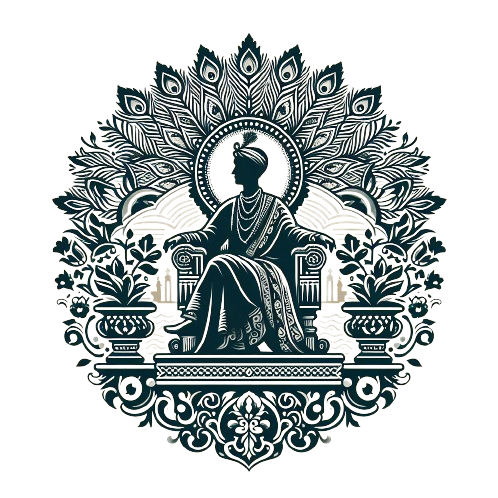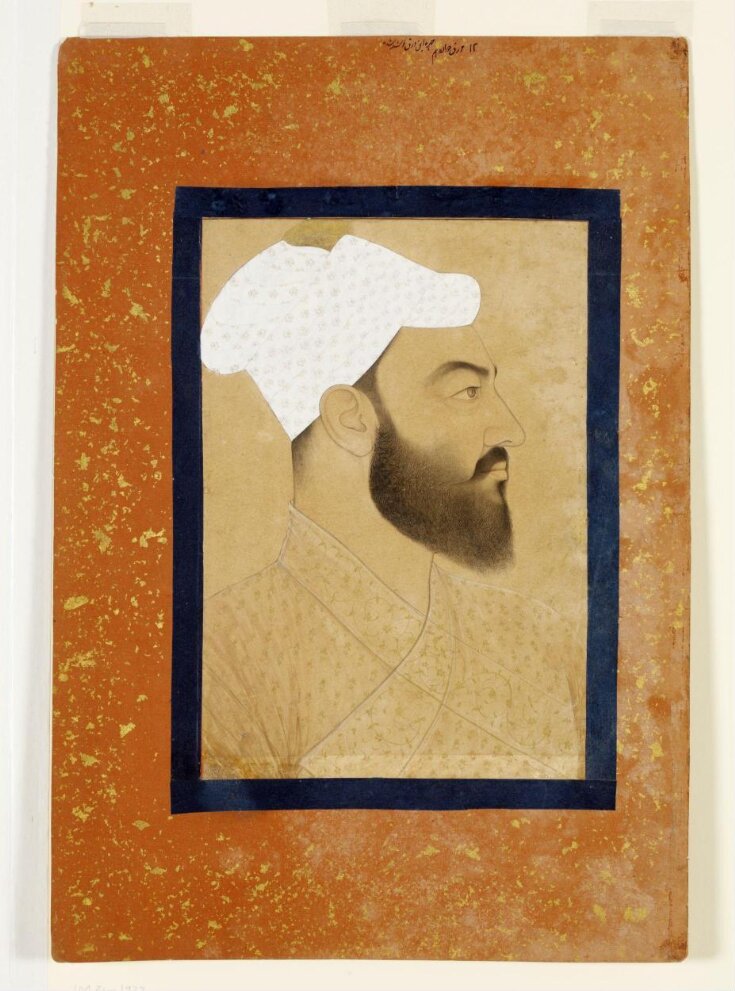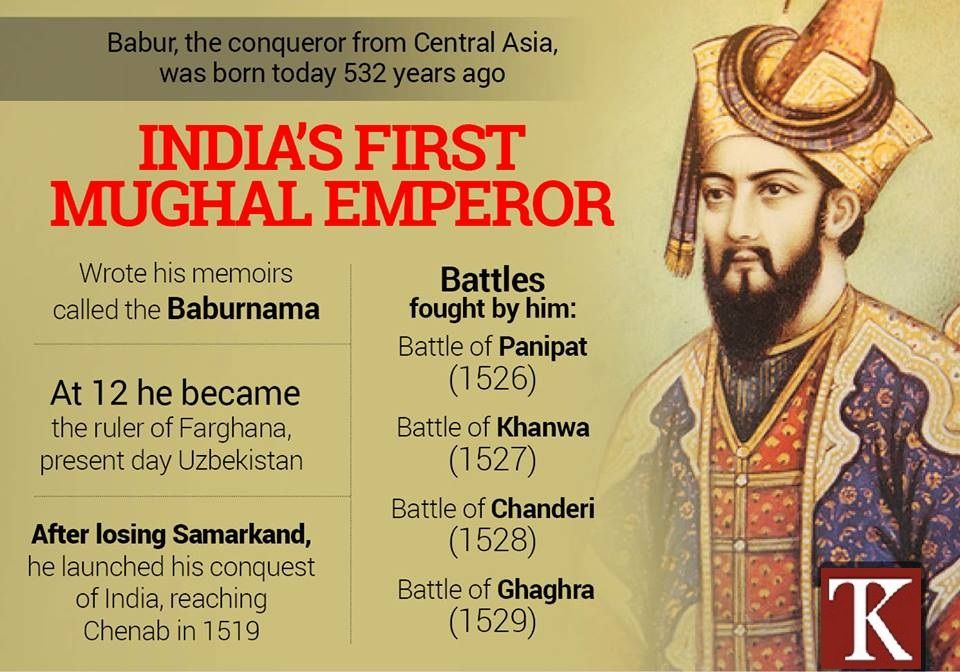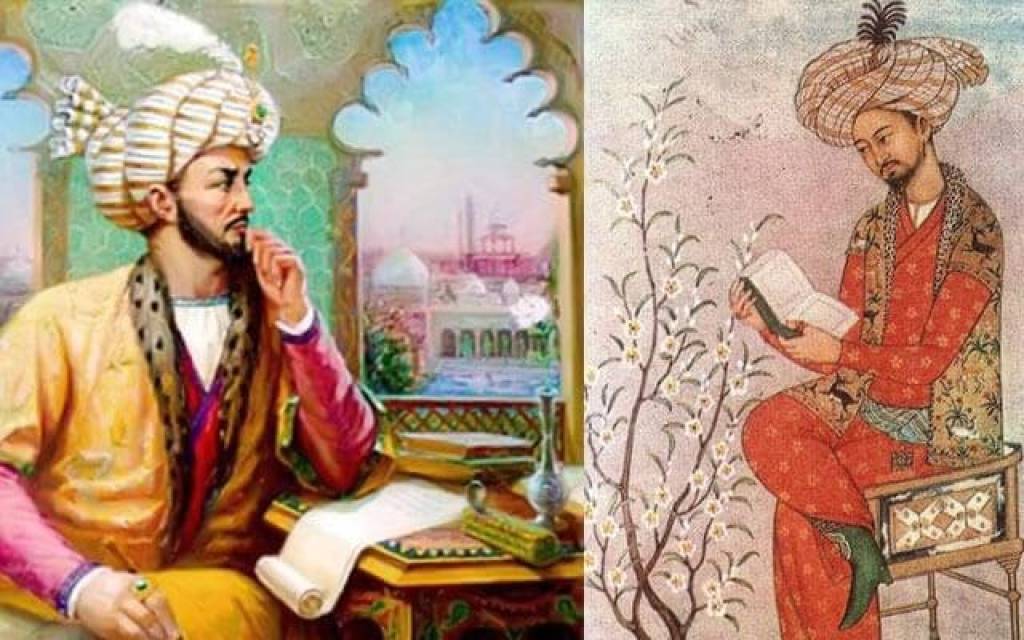Title: The Life of Babur: The Architect of the Mughal Dynasty.
Springing from the loins of Timur, his grandfather, and ancestor Genghis Khan, Babur, born on February 14, 1483, in present-day Uzbekistan, as early as his coming into this world had written his destiny on the canvas of an empire and conquest. Incapable of governing Kabul at his 21, he attempted to be the overlord of the Indian subcontinent.
The turning point came in 1526 with a midday win in the Battle of Panipat, which saw the disciplined troops of Babur victorious over the less cohesive army from the side of Ibrahim Lodhi, thus establishing a new Mughal Empire in India.
Babur’s reign during the time was very illustrious due to the work that has been done which remarkably altered the flow of Indian history. He achieved this phase through his administrative reforms, specifically Zabt, financial system, which led to the stability of the economy and efficiency in governance. The art was his passion, and his royal court turned into a model of cultural syncretism that would bring to it the sharpest minds from the Muslim world.
Although Babur’s major legacy is his devotion to adherence to religious tolerance. Hindu rulers’ acceptance has given him a template for the acceptance of his monarchy by not only the followers of one faith but also the followers of all faiths around the world.
In spite of the fact that his life was short, Babur’s legacy continued through his descendants (who named Akbar the Great) especially the grandson. Akbar evolved the Mughal empire as an empire which was embracing diversity and prosperity like a golden age. Negman the Babur’s expectation.
To conclude, the achievements that Babur fell with through pugnacity, far-sightedness, and enlightenment were purposed to establish the Mughal Empire. From his achievements to his governance and contributions to culture, religion, and tolerance, Akbar certainly founded one of the world’s most influential dynasties through which a multiethnic culture was molded. This created an irreversible impact on the Indian subcontinent heritage.



